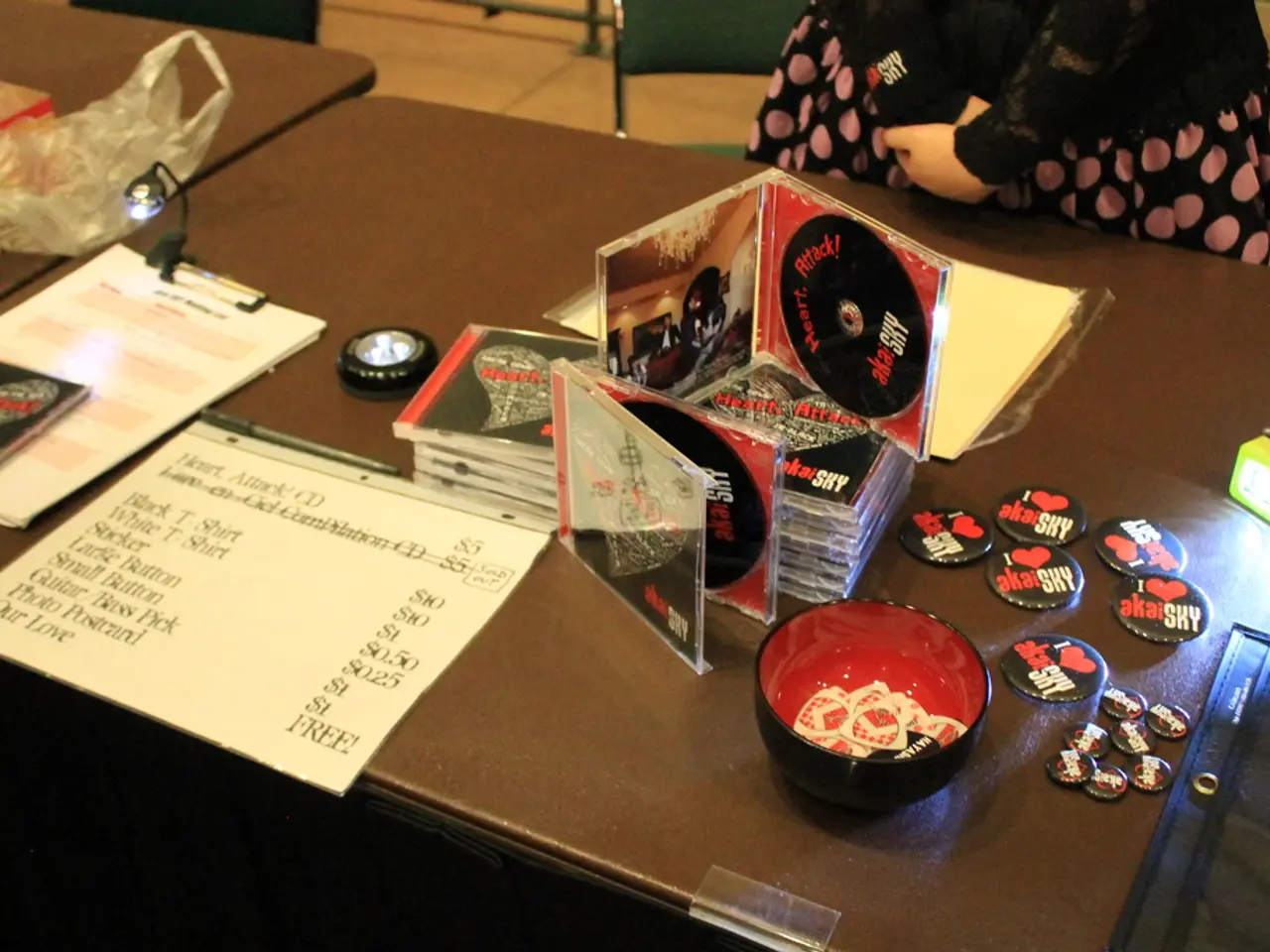Strategies Designed: Building an Incentive Plan for Consistent SAT Study Progression
Preparing for the SAT can be a challenging and lengthy process, but incorporating a reward system can make it more engaging and help sustain motivation. Here's a step-by-step guide on how to set up an effective reward system for your SAT preparation.
Set Clear, Achievable Study Goals
Break down your SAT prep into manageable daily or weekly tasks such as completing practice sections or mastering specific concepts. This will help you stay motivated and make progress towards your ultimate goal.
Design a Reward Structure
Use rewards tied both to maintaining a study routine and to academic achievements. Rewards can be tangible (outings, treats) or experiential (extra leisure time). For example, you could study for 20 minutes daily for a week and earn a small treat or extra screen time. Alternatively, improving math scores by 10 points could unlock a special outing or purchase.
Incorporate Gamification Elements
Introducing game-like features such as unlocking achievements, earning badges, or adopting a study "pet" can boost engagement and motivation. Platforms like TestCadia offer long-term rewards for daily consistency, not just test scores, fostering habit formation without pressure.
Provide Real-Time Encouragement and Feedback
Use AI or human coaching to give motivation during sessions and celebrate completions with positive feedback or small bonuses to keep morale high.
Establish a Tracking Method
Use a visible progress tracker (physical chart, app, or calendar) where completed tasks, consistency streaks, and scores are recorded. This allows both you and your supporters (parents, tutors) to monitor progress and reward milestones effectively.
Adjust and Iterate the System
Regularly review what rewards motivate you best and modify goals and rewards accordingly to maintain effectiveness over time.
Additional Tips
- Taking a minute to think about what was learned or accomplished after earning a reward is beneficial.
- Sharing milestones with others allows them to celebrate with you.
- When paired with reflection and goal-setting, rewards support intrinsic motivation rather than replace it.
- Asking for encouragement and gentle reminders from loved ones can be beneficial.
- A tracking system, such as a reward chart, app, or journal, should be set up to visualize progress and celebrate achievements.
- Writing down one insight or improvement noticed after earning a reward is encouraged.
Examples of Rewards
- Study for 20 minutes daily for a week = earn a small treat or extra screen time.
- Improve math scores by 10 points = unlock a special outing or purchase.
- Maintain a week-long study streak = earn a badge or title such as “Week Master” that can be displayed in a visible space or app.
Tracking Methods
- Use a calendar or chart marking daily study sessions and milestones reached.
- Employ gamified apps like TestCadia that track consistency and progress automatically, providing motivational animations and credits after each session.
- Keep a journal noting scores from practice tests and reward triggers, allowing reflection and planning.
This structured reward system blends goal-setting, motivational psychology, and tracking technology to help maintain consistent SAT preparation with a positive and sustainable approach. Remember, rewards are not necessary for SAT prep but can make studying more engaging and help sustain motivation over time. Avoid over-rewarding yourself to keep the system balanced. Combining rewards with reflection can build both motivation and self-awareness. Rewards help turn study sessions into satisfying achievements.
Setting up an effective reward system for SAT preparation involves combining study goals, rewards for both maintaining a study routine and academic achievements, and gamification elements to boost personal growth and learning. Examples of rewards might include studying for 20 minutes daily for a week to earn a small treat or extra screen time, or improving math scores by 10 points to unlock a special outing or purchase. This system promotes self-development and learning through incentivized study sessions that feel more like satisfying achievements.




